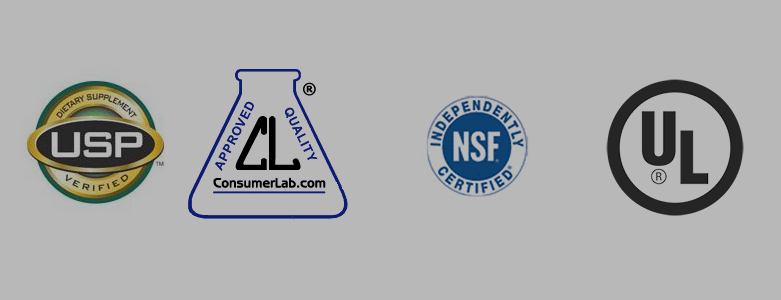When you pick up a dietary supplement with a “seal of approval” from some organization or other, you might think, “Hey, someone vetted this, so it’s totally fine for me to take!” But despite words like “verified, “certified,” or “approved,” those seals shouldn’t be confused with any sort of official approvals granted by the Food and Drug Administration, and they don’t necessarily mean the product is effective and/or safe to take. [More]
Underwriters Laboratories
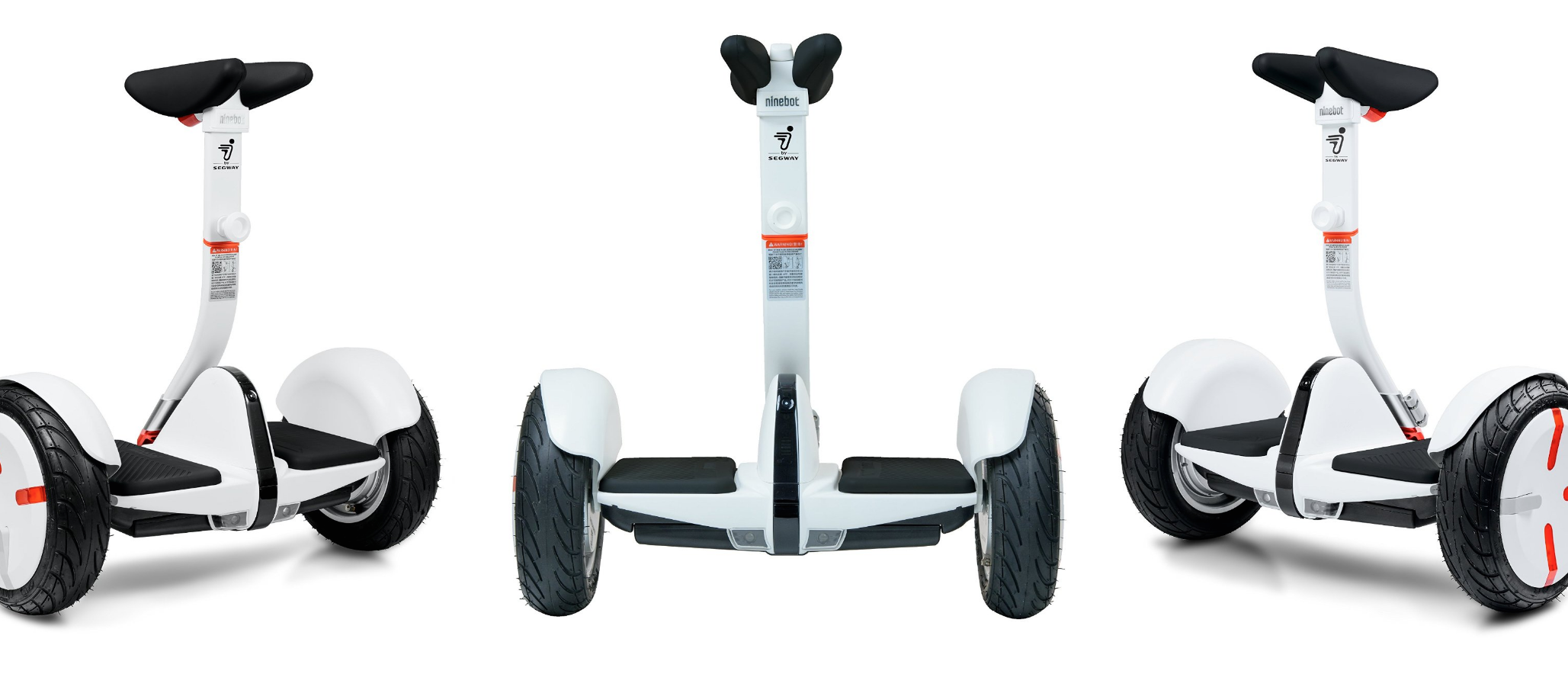
Segway Trying To Make Hoverboards Happen Again With $999 Scooter
It’s only been a little more than three months since hoverboards — a term that should not apply, as no hovering is involved — disappeared from Amazon after the Consumer Product Safety Commission determined that the self-stabilizing scooters were not unsafe unless they met certain standards. Now Segway, the company who tried to start the dorky standing scooter craze with its namesake device, is hoping to be the high-price future of the hoverboard market. [More]
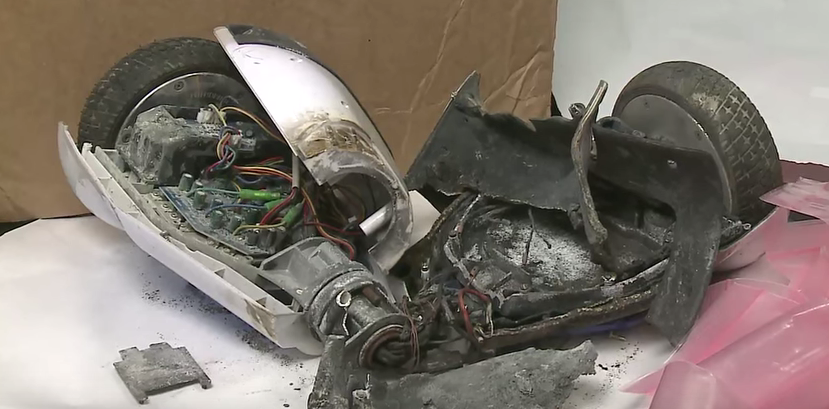
Underwriters Laboratories Reveals How It Tests Hoverboard Safety
Earlier this month, Underwriters Laboratories announced that for the first time it would start testing and certifying “hoverboards.” However, the independent safety consulting and certification company didn’t actually specify how it would test the self-balancing scooters. [More]
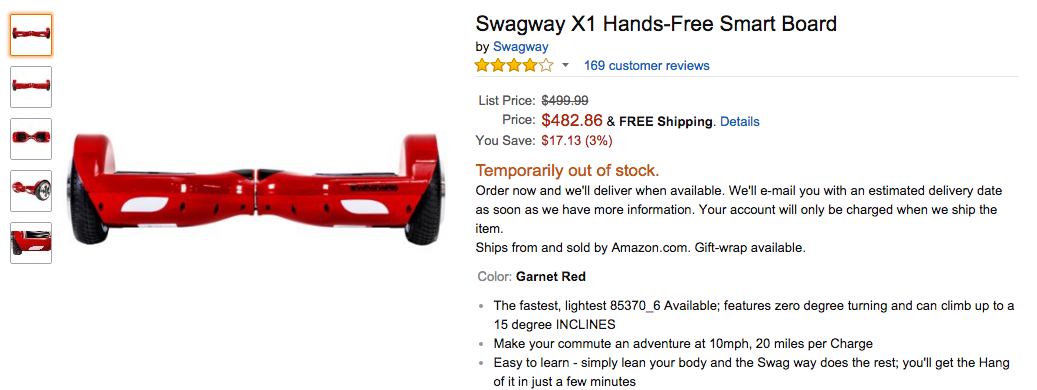
Hoverboards Vanish From Amazon… Again
The list of retailers removing hoverboards from their virtual store shelves after receiving a warning from federal safety regulators grew again today, with Amazon stopping the sale of the self-balancing scooters for the second time. [More]
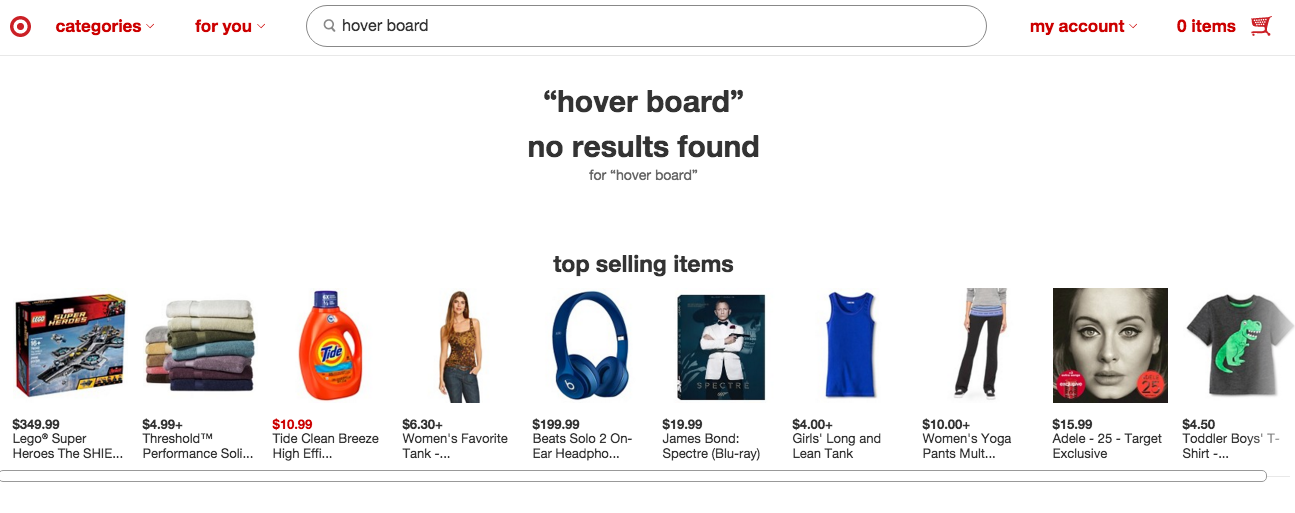
Target Stops Sale Of Hoverboards Amid Safety Concerns
More than two months after Target temporarily halted the sale of “hoverboards” over safety concerns, the retailer is at it again, removing the self-balancing scooters from its website. [More]
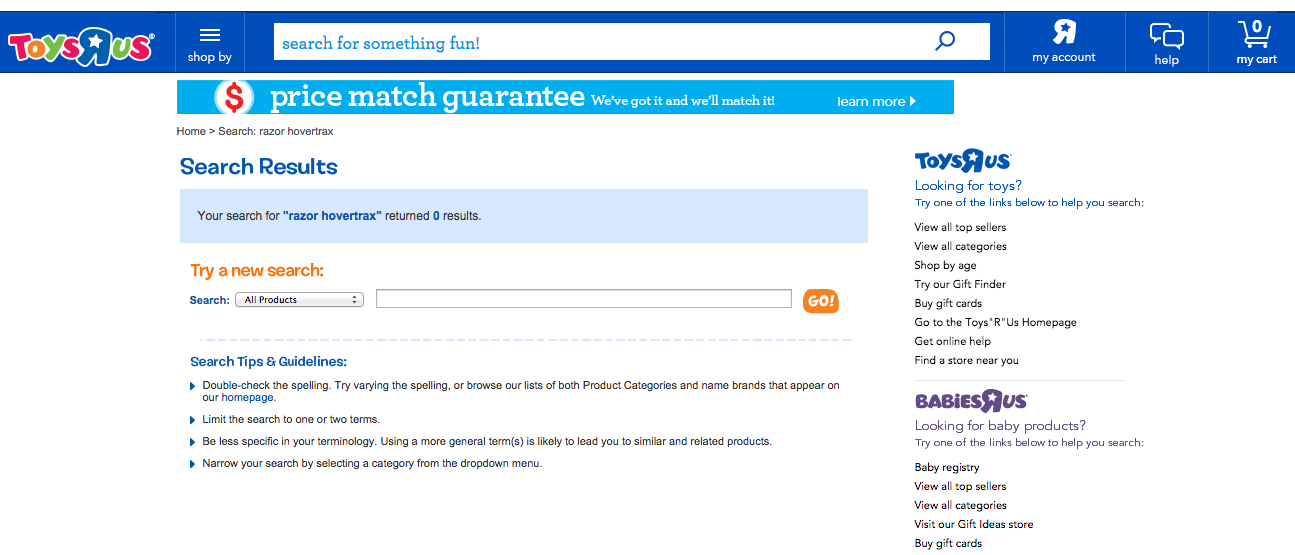
Toys ‘R’ Us Stops Selling Hoverboards Amid Safety Questions
Just days after federal safety regulators urged retailers and manufacturers to remove so-called hoverboards from their shelves if they don’t meet certain safety standards set by the Underwriters Laboratory, one of the country’s largest toy stores, Toys ‘R’ Us, did just that. [More]
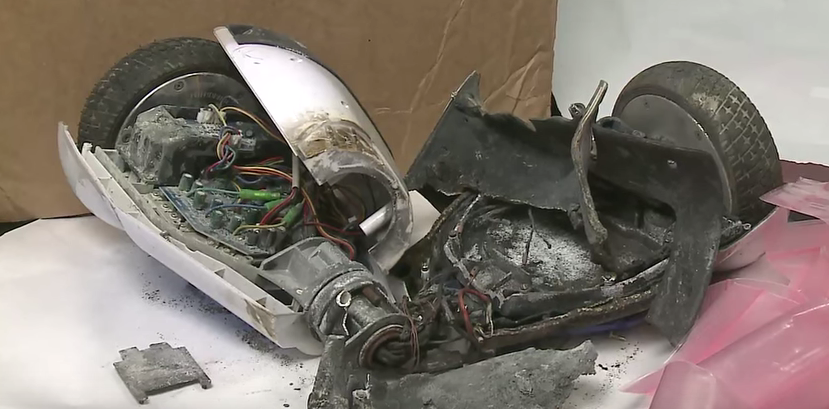
Hoverboards That Don’t Comply With UL Safety Standards Now Considered Defective, Hazardous
Amid multiple reports of “hoverboard” batteries exploding or catching on fire, the U.S. Consumer Product Safety Commission has determined that the self-balancing scooters are not safe unless they meet certain standards. [More]
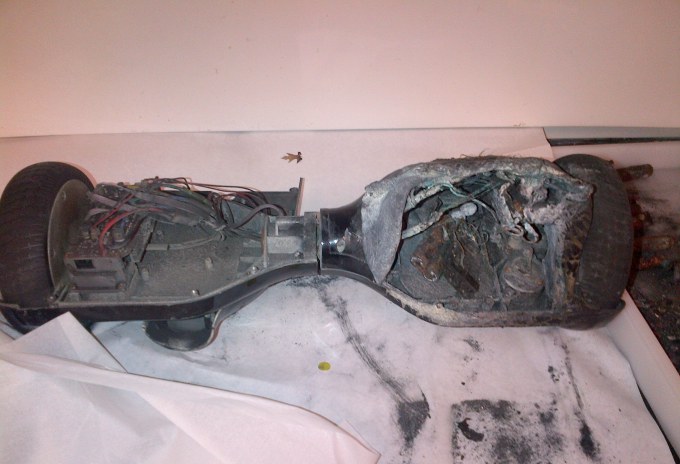
Underwriters Laboratories Will Start Testing, Certifying Hoverboards For Safety
If hoverboard manufacturers are going to slap counterfeit safety marks on their products, Underwriters Laboratories figures it might as well start testing and certifying the scooters, a function it previously did not perform. [More]
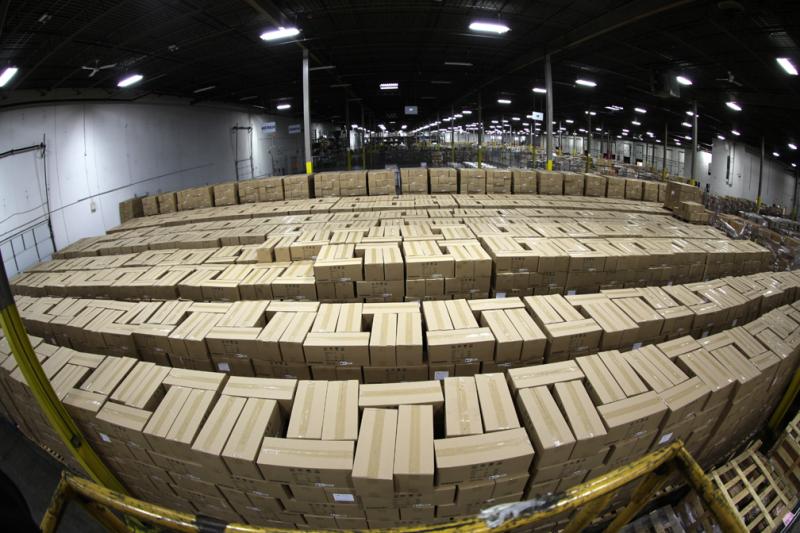
U.S. Customs Officials Seize More Than 16,000 Counterfeit Hoverboards In Chicago
The march against potentially unsafe hoverboards continued in Chicago this week, where U.S. Customs and Border Protection officials seized more than 16,000 motorized scooters bearing unauthorized trademark logos. [More]
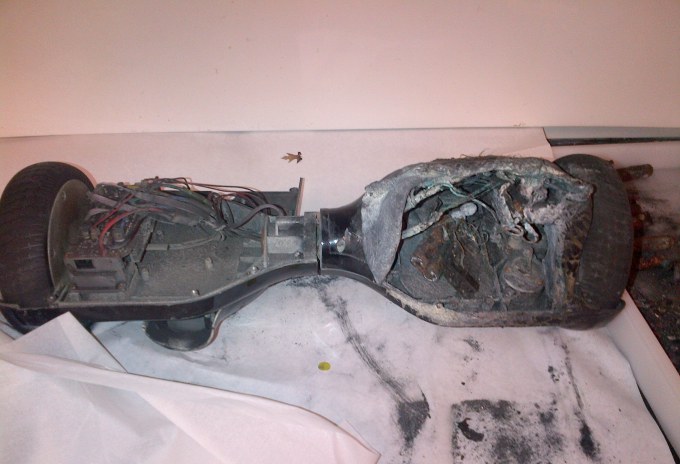
Regulators Investigating 13 Hoverboard Companies, Amazon Announces Refunds For Scooter Owners
For nearly two months now, federal regulators have been working to get to the bottom of exploding hoverboards. This week, the Consumer Product Safety Commission announced just which brands of self-balancing scooters they are investigating, while also offering a few safety tips for consumers who might already have one of the devices at home. [More]

Hoverboard Company Accused Of Putting Counterfeit Safety Marks On Products
While U.S. officials try to get to the bottom of exploding hoverboards, you might be wondering if the scooters are safe. It’s unclear, but one company that makes the scooters, which, as we all know by now, do not actually hover, is in hot water for allegedly peddling products bearing counterfeit safety marks. [More]


